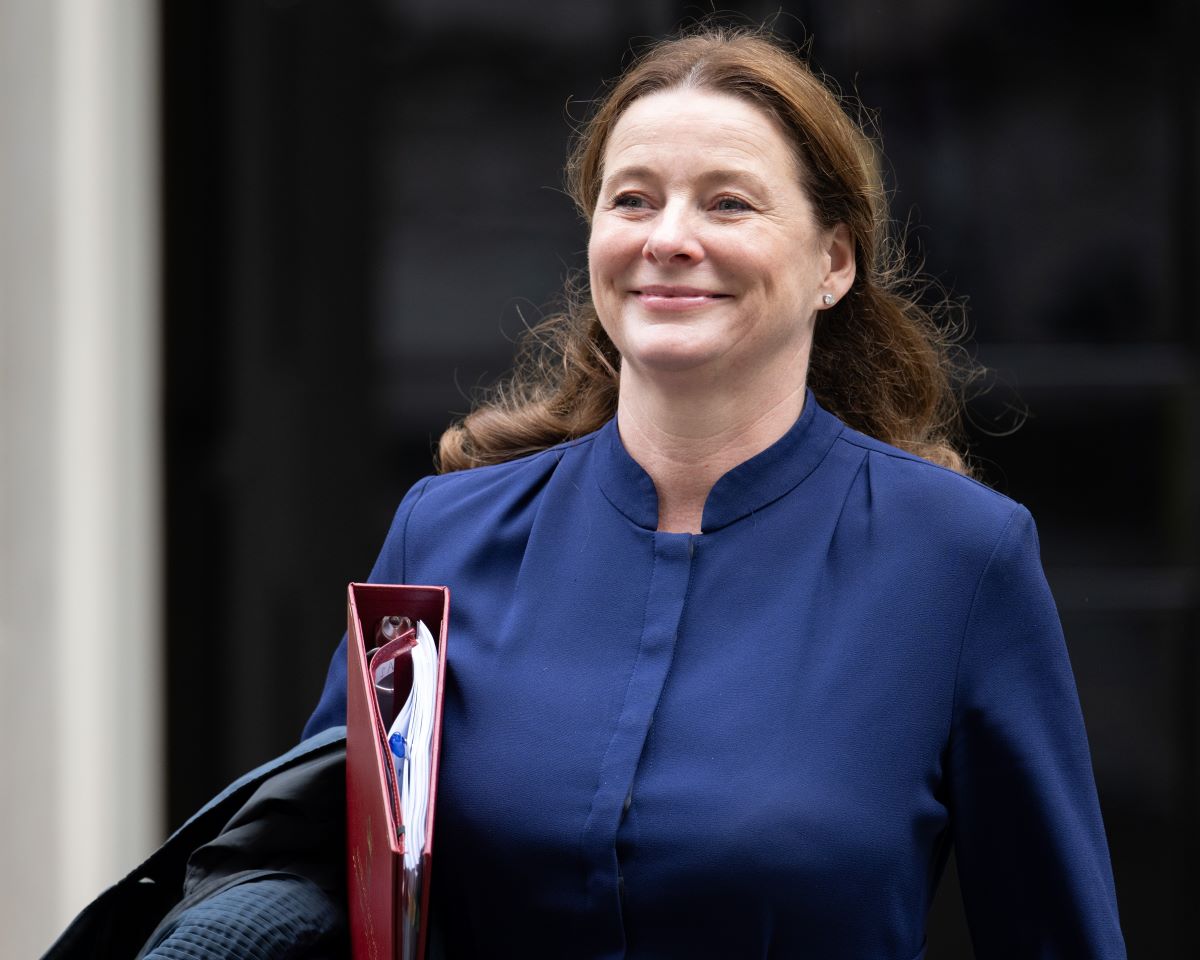The 2024 UK General Election was a much-needed shake-up, sweeping away numerous controversial MPs whose time in office was marred by scandals, incompetence, and unpopular policies. Here’s a critical look at 21 politicians whose departure from Parliament was met with collective relief.
1. Liz Truss

Truss’s catastrophic mini-budget caused economic turmoil and skyrocketing mortgage rates and ultimately led to her becoming the shortest-serving Prime Minister in UK history. Her fiscal policies were disastrous, leading to widespread public and political backlash.
2. Jacob Rees-Mogg
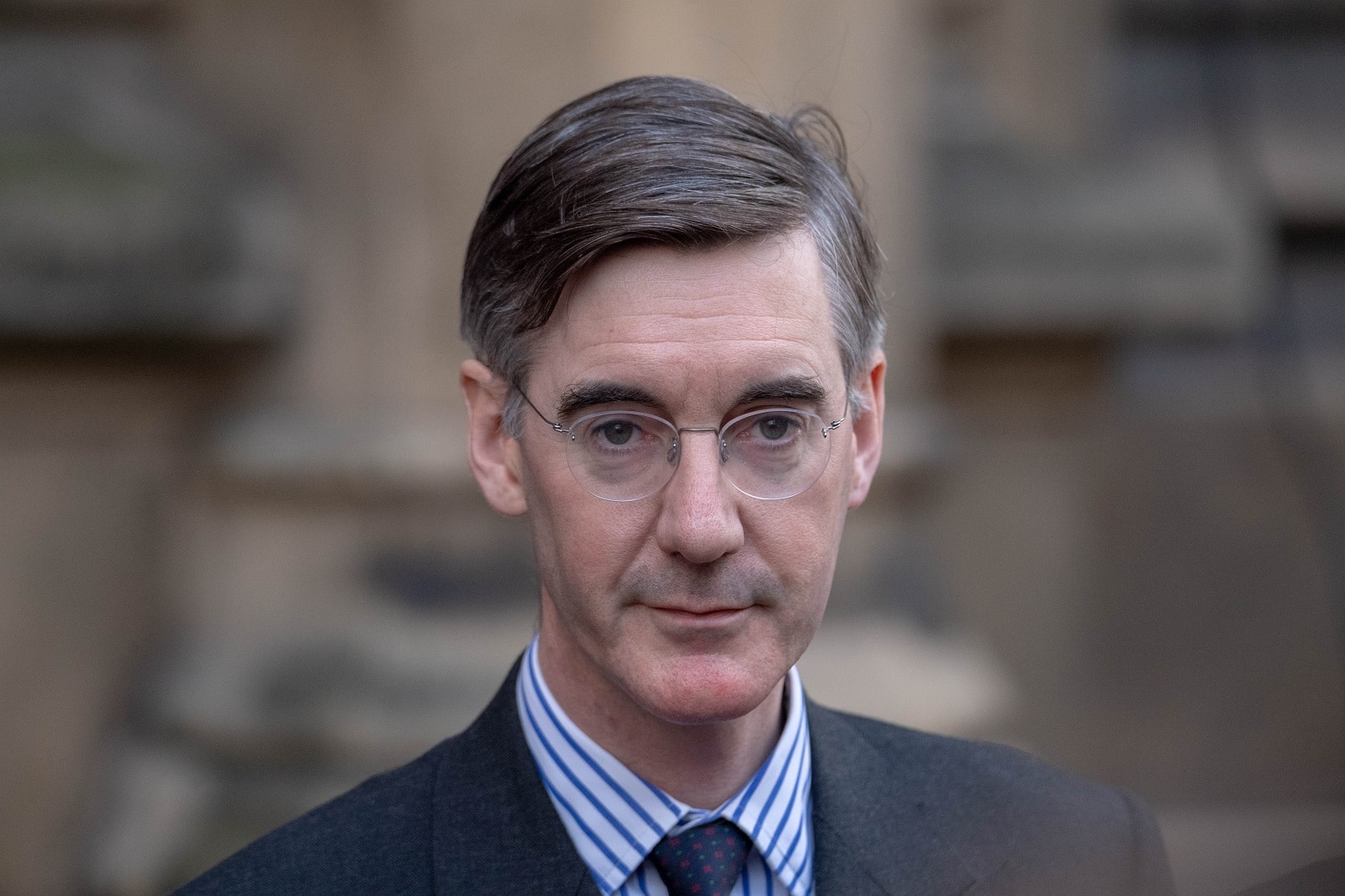
Known for his archaic views and being a staunch Brexiteer, Rees-Mogg was often criticised for his detachment from modern British society. His infamous lounging posture in Parliament became a symbol of his perceived arrogance and disconnect.
3. Penny Mordaunt

Mordaunt’s tenure was marked by failed leadership bids and an undistinguished spell as Defence Secretary. She was often seen as more interested in her public image than in effective governance.
4. Grant Shapps

Shapps, who held multiple cabinet positions, was embroiled in scandals, including accusations of editing his Wikipedia page and having a second job under a pseudonym. His credibility and effectiveness were frequently questioned.
5. Gillian Keegan

Keegan’s handling of the RAAC crisis, where numerous schools had to close due to unsafe building materials, drew significant criticism. Her outburst caught on camera only worsened her public image.
6. Michelle Donelan
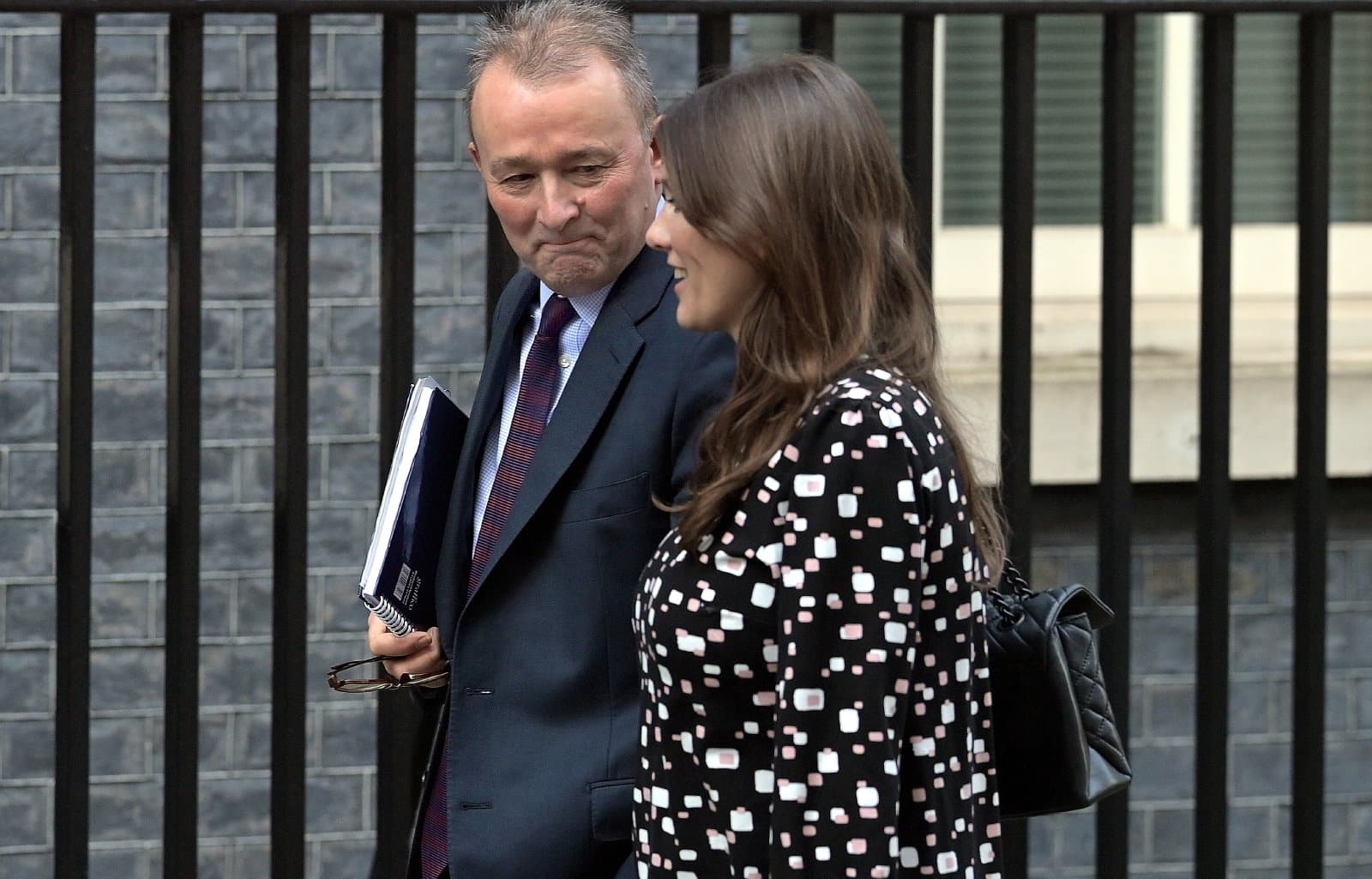
Donelan, as Science Secretary, was often criticised for her lack of significant contributions to the scientific community and for her alignment with controversial Conservative policies. Her tenure was largely seen as ineffective.
7. Alex Chalk
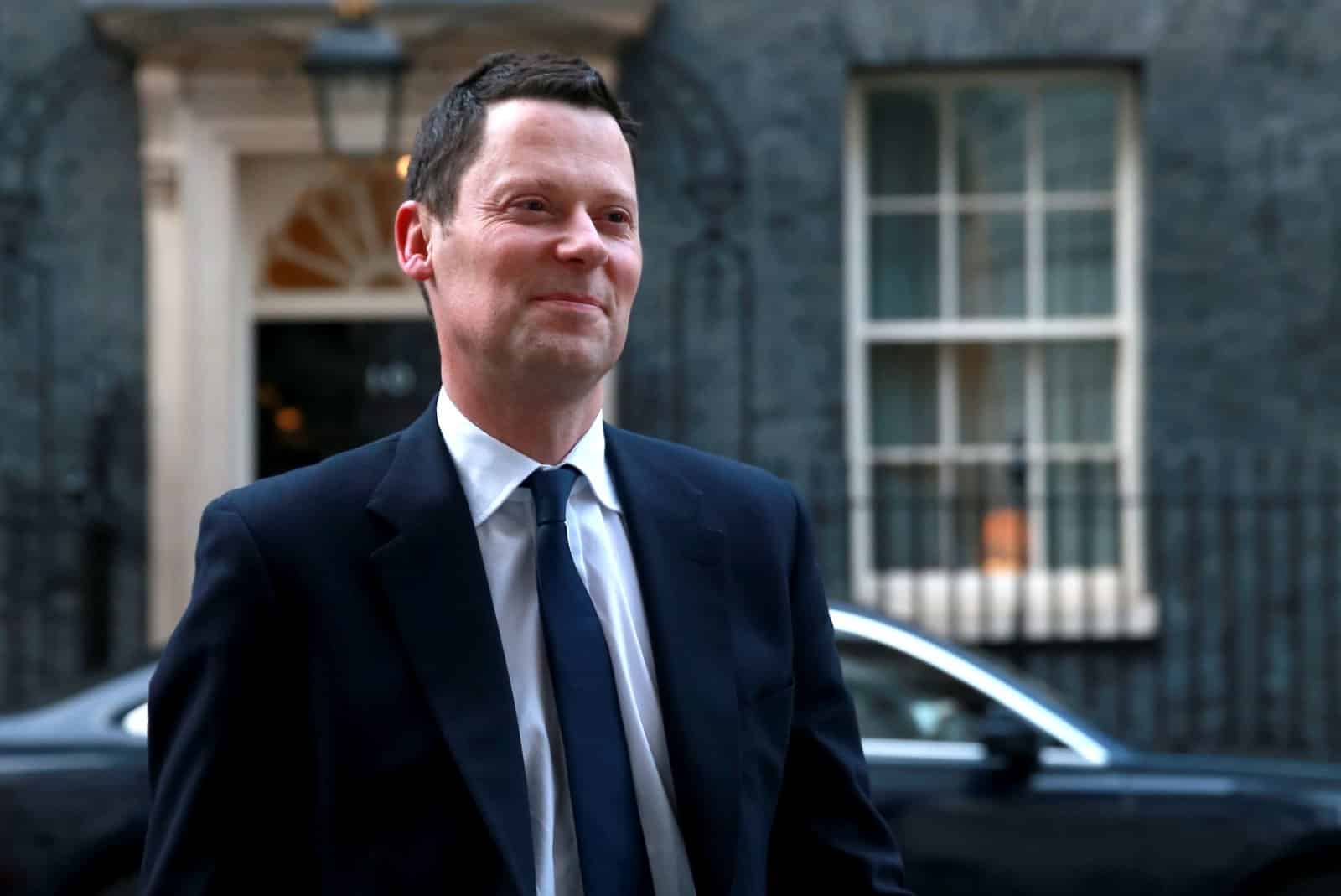
Chalk’s tenure as Justice Secretary was marred by a failure to effectively address prison overcrowding and judicial inefficiencies. His policies often faced backlash from legal professionals.
8. Mark Harper

Harper, the Transport Secretary, was criticised for mishandling transport policies, contributing to the decline of public transportation services. His defeat was seen as a necessary change.
9. Johnny Mercer
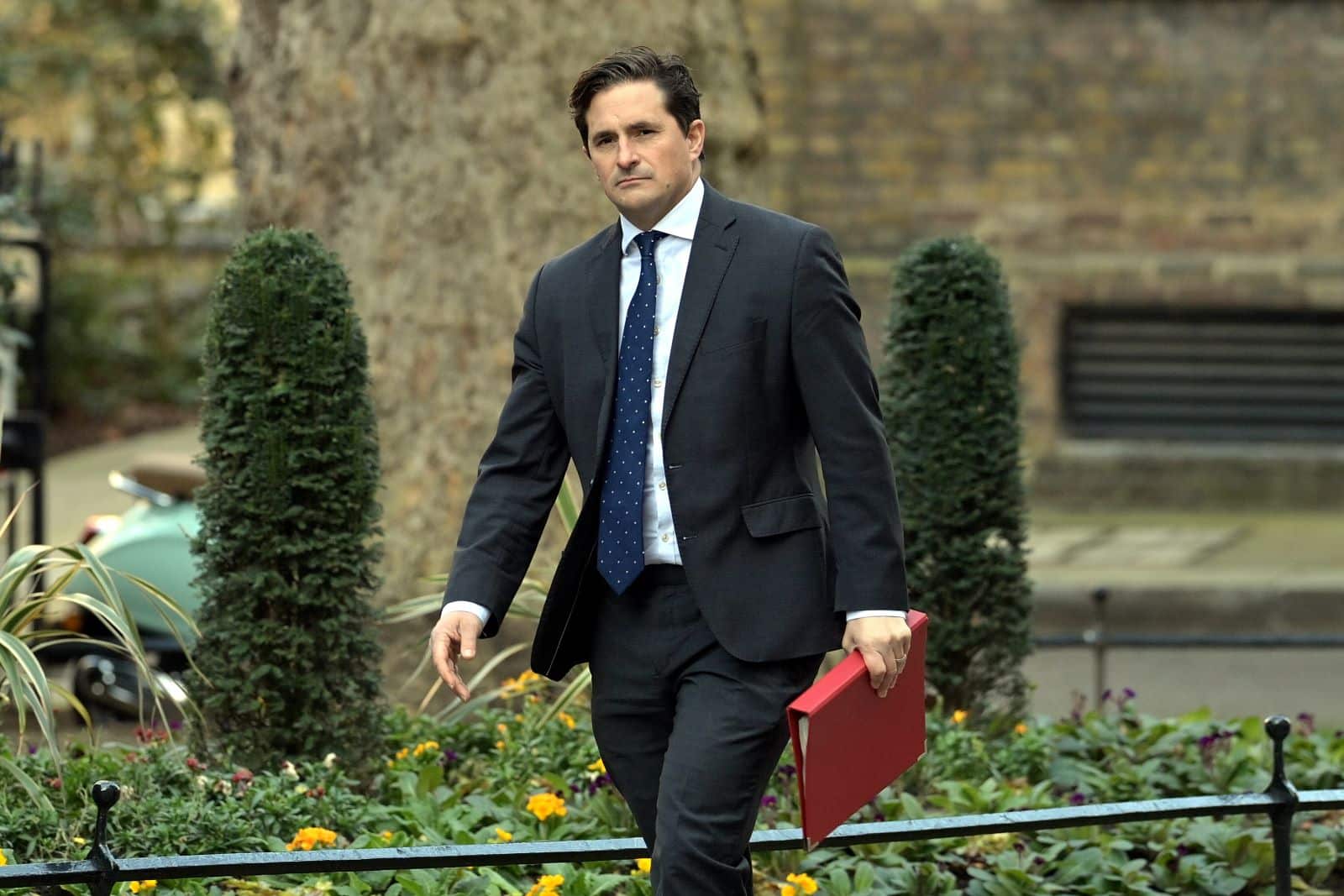
Mercer’s approach to veterans’ affairs was often criticised as superficial and ineffective. His defeat highlighted the need for a more competent representation of veterans.
10. Simon Hart
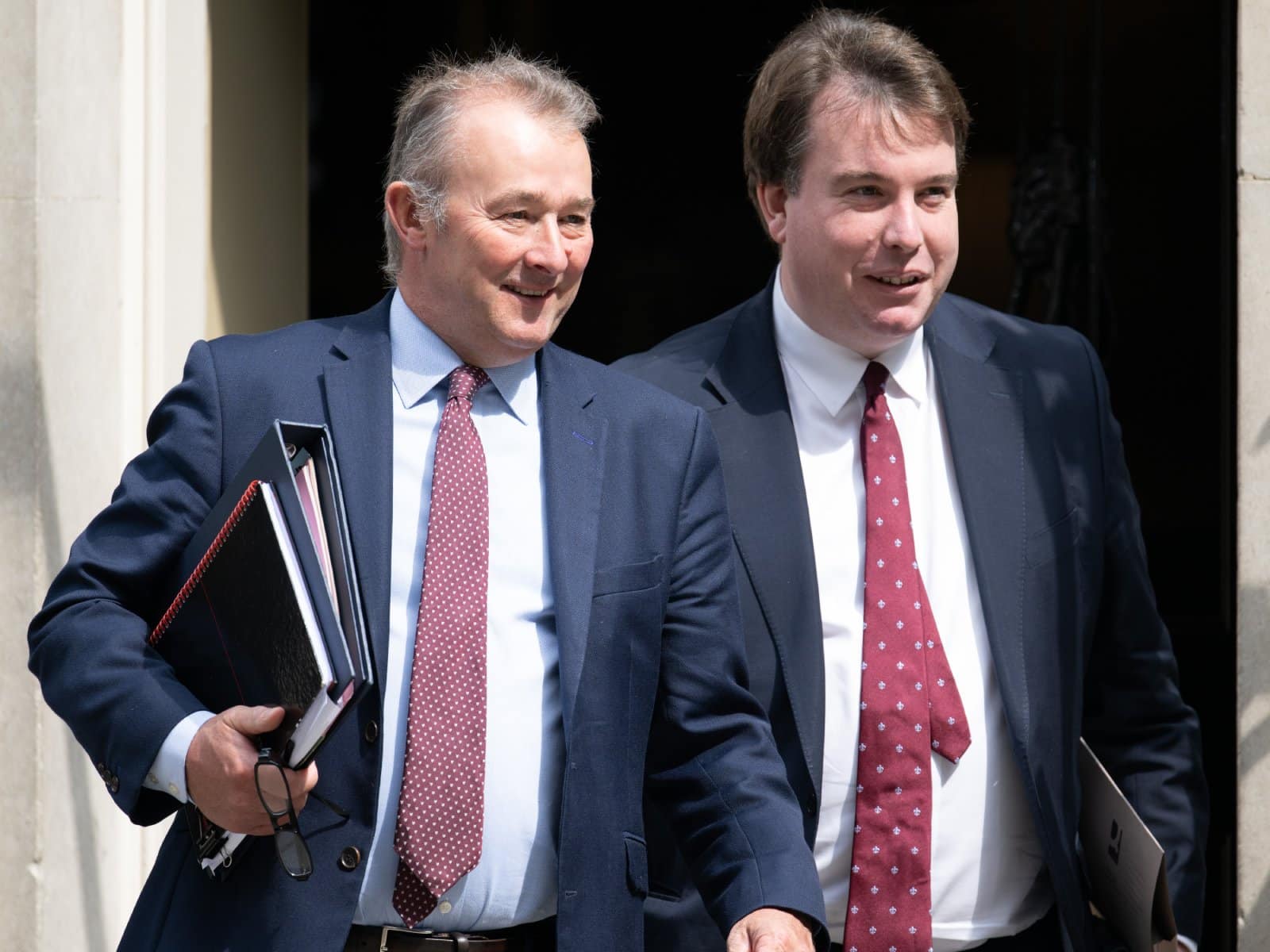
Hart, the former Tory Chief Whip, was often involved in party scandals and failed to maintain party discipline effectively. His departure marks an end to a turbulent political career.
11. Katherine Fletcher

Fletcher’s tenure in South Ribble was undistinguished, with many constituents feeling neglected and underrepresented. Her loss was a clear sign of voter dissatisfaction.
12. Nigel Evans

Evans was often criticised for his partisan behaviour and failure to address key issues affecting his constituency. Many saw his defeat as overdue.
13. Sara Britcliffe

As one of the younger MPs, Britcliffe’s inexperience and alignment with unpopular policies led to her downfall. Her loss was a wake-up call for the need for more effective representation.
14. Jake Berry

Berry’s role in regional development was often criticised for failing to deliver tangible benefits to his constituents. His defeat was a reflection of broader discontent with his performance.
15. Lee Rowley

Rowley’s tenure in North East Derbyshire was marked by unfulfilled promises and ineffective policies. Voters clearly felt it was time for a change.
16. Mark Spencer

Spencer’s time as Chief Whip and later as an MP was fraught with controversy, including accusations of bullying and mismanagement. His defeat was seen as a step towards cleaning up parliamentary conduct.
17. Brendan Clarke-Smith

Known for his outspoken views, Clarke-Smith often alienated voters with his hardline stances. His loss was a clear rejection of his approach.
18. Alexander Stafford

Stafford’s tenure was largely unremarkable, and his failure to effectively represent Rother Valley led to his defeat. Constituents demanded better representation.
19. Julian Sturdy

Sturdy’s policies often failed to resonate with his constituents in York Outer, leading to his defeat. His loss highlights the demand for more responsive governance.
20. Andrew Jones

Jones’s performance as MP for Harrogate and Knaresborough was criticised for being ineffective, leading to significant voter dissatisfaction.
21. Theresa Villiers

Villiers, the former Environment Secretary, faced backlash for her environmental policies and was seen as out of touch with current ecological issues. Her defeat was welcomed by those advocating for stronger environmental action.
Good Riddance

These politicians’ defeats reflect a broader demand for accountability, effective governance, and a break from controversial and ineffective leadership. Their exits mark a significant shift in the UK’s political landscape, with voters making it clear that performance and integrity matter.
Featured Image Credit: Shutterstock / B. Lenoir.
For transparency, this content was partly developed with AI assistance and carefully curated by an experienced editor to be informative and ensure accuracy.

